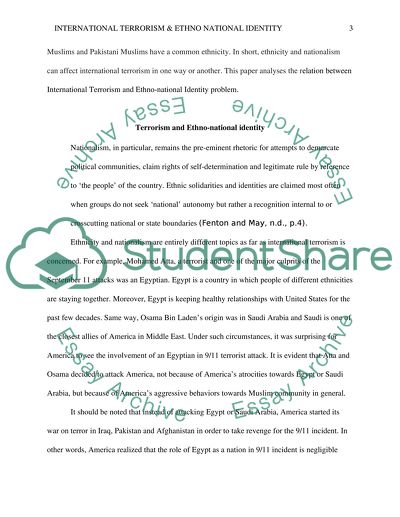Cite this document
(“Relation Between International Terrorism with Ethno-national Identity Essay”, n.d.)
Retrieved from https://studentshare.org/law/1443087-relate-international-terrorism-with-ethno-national
Retrieved from https://studentshare.org/law/1443087-relate-international-terrorism-with-ethno-national
(Relation Between International Terrorism With Ethno-National Identity Essay)
https://studentshare.org/law/1443087-relate-international-terrorism-with-ethno-national.
https://studentshare.org/law/1443087-relate-international-terrorism-with-ethno-national.
“Relation Between International Terrorism With Ethno-National Identity Essay”, n.d. https://studentshare.org/law/1443087-relate-international-terrorism-with-ethno-national.


